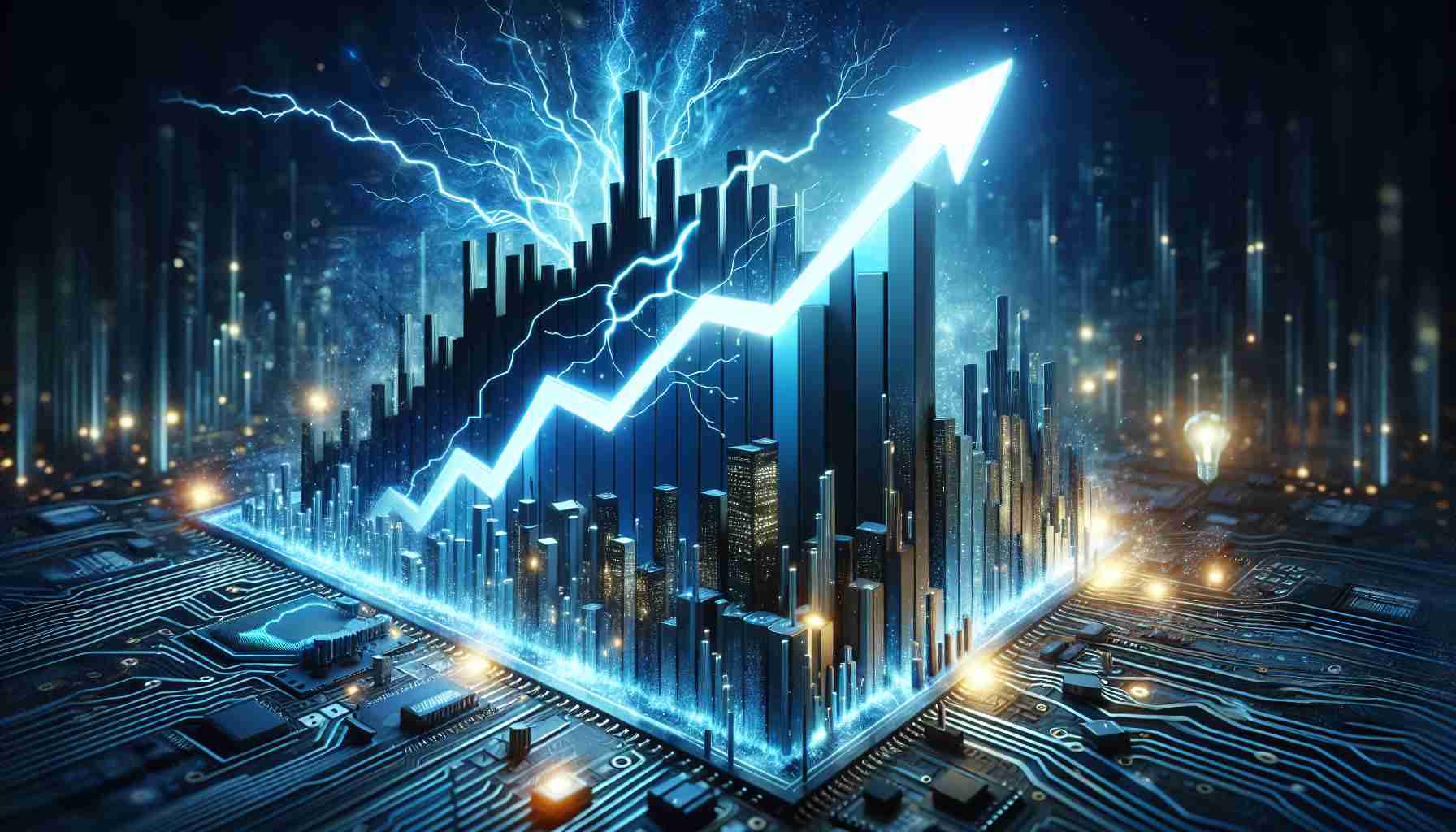Siemens Energy, a leading player in the energy sector, has been a focal point for investors eyeing opportunities within the transition to sustainable energy. As the world shifts towards renewable energy sources, many investors wonder if Siemens Energy is well-positioned to capitalize on this trend.
Siemens Energy, spun off from the industrial giant Siemens AG in 2020, focuses primarily on power generation, transmission, and storage. With a strong portfolio that includes turbines, grid solutions, and renewable energy technologies, the company is a key driver in the global push for decarbonization. Investors are particularly interested in Siemens Energy’s involvement in the wind energy sector through its majority stake in Siemens Gamesa Renewable Energy, one of the world’s leading providers of wind power solutions.
Challenges have nevertheless emerged. The energy industry is highly capital-intensive, and Siemens Energy has faced supply chain disruptions and rising material costs, similar to many companies in the sector. However, these challenges are met with the opportunity to leverage its technological prowess and historical strength in engineering to innovate and improve efficiencies.
For investors, the long-term outlook aligns Siemens Energy with broader global efforts to increase reliance on renewable resources. As governments increase incentives for green technologies and impose stricter regulations on carbon emissions, Siemens Energy stands to gain momentum. Strategic investments and partnerships could pave the way for growth, bringing potentially significant returns to its investors.
Overall, while the path is complex and influenced by global economic and political factors, Siemens Energy investors remain cautiously optimistic about their role in a sustainable energy future.
Are Siemens Energy Shares a Hidden Gem or a Risky Bet? Exploring Untold Insights
While Siemens Energy has garnered attention for its renewable energy initiatives, there are lesser-discussed aspects that could significantly impact investors and the broader community.
Geopolitical Influence plays a crucial role. As a key player in Europe’s energy market, Siemens Energy is intertwined with the European Union’s Green Deal, which aims for climate neutrality by 2050. This positions the company as a potential beneficiary of European subsidies and policy support, providing a buffer against global energy market volatility. However, reliance on European markets also introduces risks related to regional policy shifts and economic conditions.
Emerging Markets represent both a challenge and an opportunity. Siemens Energy is aggressively expanding into Asia and Africa, where demand for electricity is rapidly growing. These regions offer lucrative growth prospects, but they also pose complexities such as political instability and underdeveloped infrastructure. Can Siemens Energy navigate these challenges to secure a foothold in these dynamic markets?
Despite facing supply chain disruptions, Siemens Energy is investing heavily in digital technologies and automation to enhance operational efficiency. This move aims to mitigate future disruptions and reduce costs, potentially boosting profit margins. How these strategies play out will be critical for long-term investor confidence.
Controversial debates surround the pace and scale of Siemens Energy’s transition away from fossil fuels. Critics argue that the company should accelerate its divestment from traditional energy sources to align with global decarbonization goals more effectively.
To explore Siemens Energy further, visit the Siemens website. Investors and communities alike are watching closely as Siemens Energy navigates these complex terrains, determining its impact on sustainable energy futures globally.























